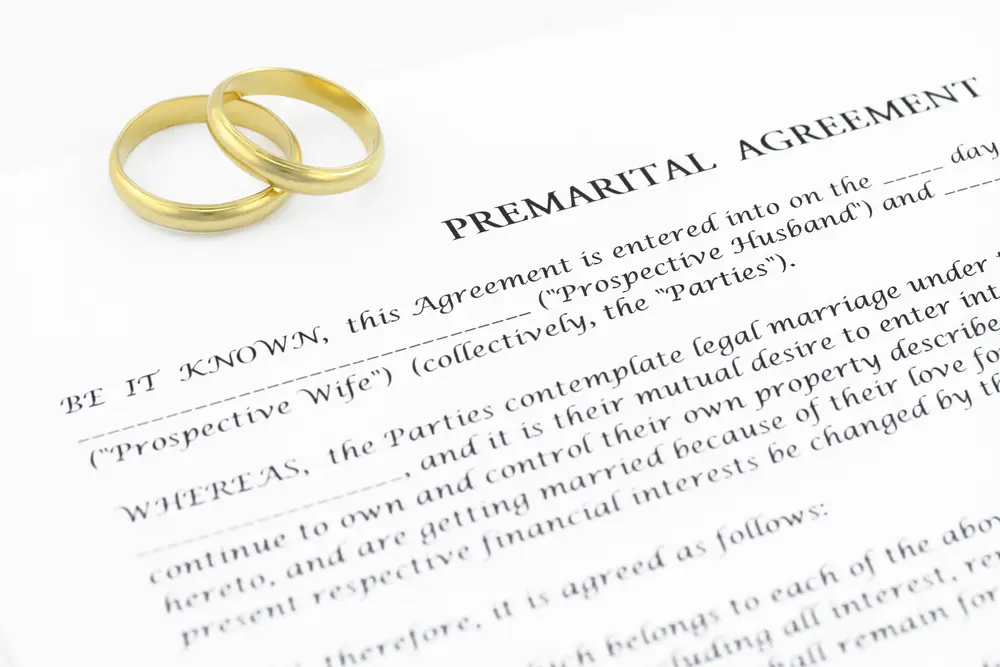Let’s say that you are in the process of a divorce, and things look like they are being finalized. It seems like you and your spouse have agreed on many issues—including issues related to the children. But then your attorney tells you that you and your ex need to agree on another document — a parenting plan. It seems like a long, detailed document…do you have to do it? What are the benefits of doing a parenting plan…?
What is a Parenting Plan?

Parenting plans are relatively new in the world of family law. First required in 2018, parenting plans are a roadmap for parents to figure out almost every aspect of co-parenting children’s lives. The parenting plan is as long as it is because it covers almost every conceivable issue that divorced couples may encounter when it comes to making joint decisions about a minor child.
The model parenting plan, developed by the Florida Supreme Court can be found here.
The parenting plan will have time-sharing schedules, but it goes beyond just time-sharing and visitation. It will also cover things like who gets the kids during which holiday breaks, who has the right of first refusal if a parent cannot watch a child, who will take and pay for the kids’ medical expenses, and extracurricular activities.
It will handle and address emergencies, vacations, school conferences, pick up and drop off locations, and a host of other details that you, in the midst of a divorce, and likely never having encountered this situation before, would never have thought of otherwise.
Your parenting plan is a plan that is agreed to by both parties—a judge can impose one on you, or else, create their own order, but obviously, you would much rather develop the parenting plan with your spouse, and work out arrangements that are best for both of you as opposed to leaving these decisions in the hands of a judge.
There actually are multiple parenting plans, some for parents who are more amicable and do not need so many details arranged in advance, and others that are more detailed, for parents who may anticipate fighting and conflict, and would rather have all the details agreed to in writing in advance. There are even parenting plans for parents who are or anticipate living a good distance from each other.
The Benefits of a Plan
Why make a plan? Even if you have to do it legally, what are the advantages of even doing one, or putting time or effort, or consideration into it?
The main advantage is avoiding conflict—and potentially litigation—later on.
The parenting plan lets both parents know what is going to happen in the future and informs both of their rights when it comes to the child.
In the old days, a typical mediation or settlement agreement may not have addressed every single minute detail of a joint child-rearing arrangement. Parents, usually new to the divorce process, would not know what issues will or could come up next month, year, or ten years down the line.
As a result, the typical medication or settlement agreement was often open to interpretation or ambiguity. Parents who had conflict would look to their agreement to see which parent was in the right and would find nothing in their divorce paperwork addressing what they were looking for.
The result would be fighting, conflict, no way to know who was “right,” and ultimately, if it got bad enough, ex-spouses would end up back in court.
Save the Fighting
On the surface, a parenting plan seems like more to fight about. It’s a long detailed document that you and your ex are going to have to agree to. But parenting plans are written in plain, easy-to-understand language. They have fill-in-the-blanks or lines for parents to write things in.
That gives them a big benefit: you and your ex can sit down together (to the extent possible), and try to discuss, and agree to things in advance. Of course, if you have a family law attorney, you can and should discuss these things with him or her first—but the ease and plain language of a parenting plan does provide some flexibility for you and your spouse to come to some agreement, even on some of the issues, before and instead of spending a lot of money on legal fees.
The end result is that you actually have less to fight about in your divorce because all of these details have been resolved separately by you and your ex-spouse.
In Your Hands
The parenting plan has another advantage, that is common to other forms of resolved conflict, like mediation: you are putting things in your own hands, instead of a judge’s.
In court, a judge could decide whatever they want when it comes to any of the items on that extensive parenting plan. In court, in the hands of a judge, there is no “back and forth,” that is, you cannot say to your spouse “I will let you do this if you let me do that.” It is all up to the court.
But the parenting plan empowers you. You can “give up” the items on the plan that are not as important to you, and fight for the things that are important to you. You can re-write some of the language, add things, or create new provisions that may be unique to your own specific situation.
When you are finally done, you will be grateful that you have a “roadmap” to co-parenting with your spouse. You will have a document that specifically says what you and your spouse can and cannot do. In the end, if done properly, the parenting plan will potentially save you a lot of time, arguing, conflict, and money.
Questions about child custody, visitation, time-sharing, or your parenting plan?
Anthony J. Diaz is an experienced family law attorney focusing on Mediation and Collaborative Divorce. His offices are located at 2431 Aloma Ave Suite #124, Winter Park, FL. 32792 and 3720 Suntree Blvd., Suite 103G, Melbourne, FL. 32940.
You may contact Anthony Diaz by calling 407-212-7807 or by email an*****@************aw.com or visit anthonydiazlaw.com for more information.
And if you found this article helpful, please leave us a review HERE.



